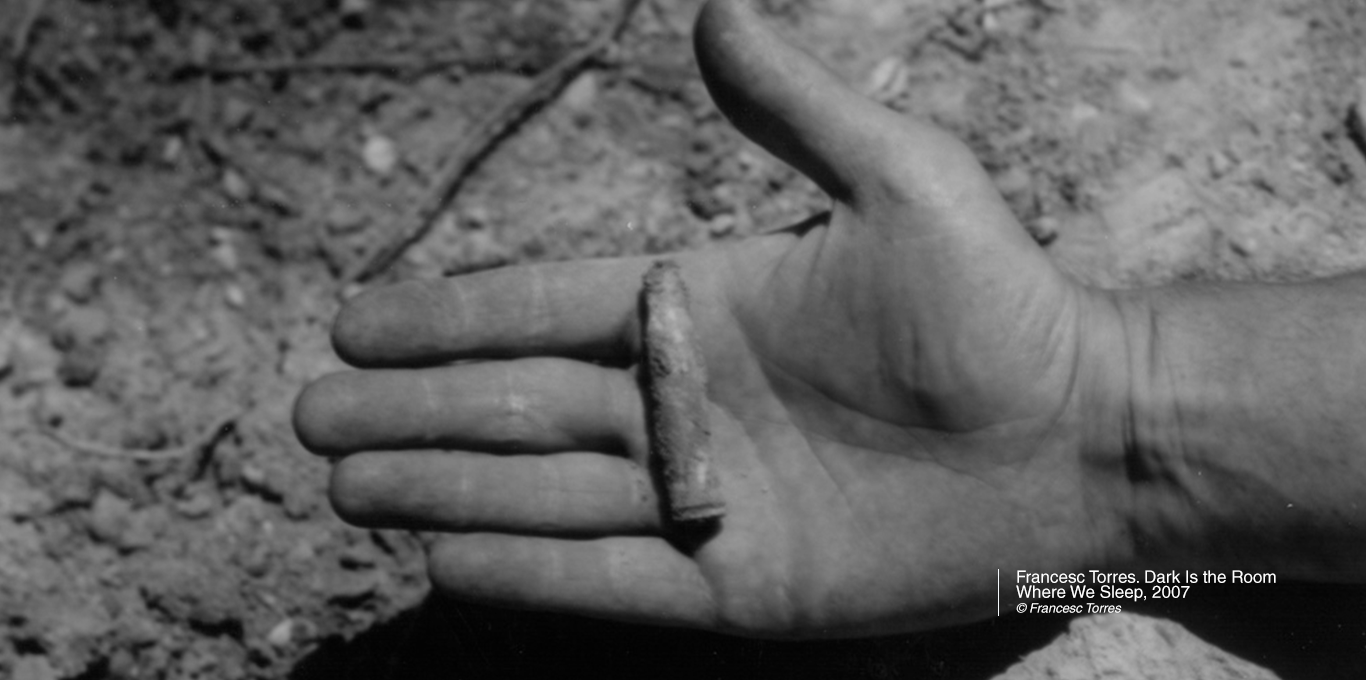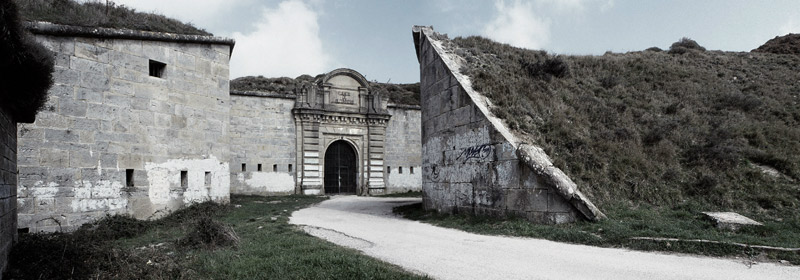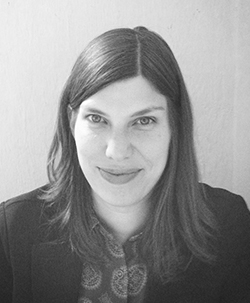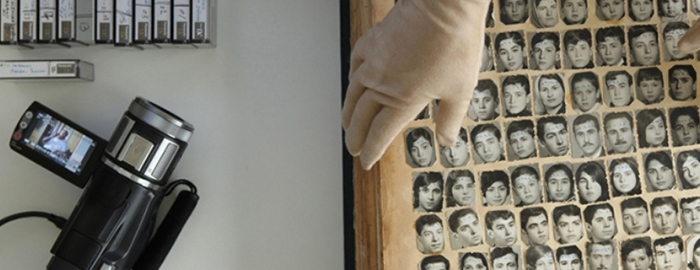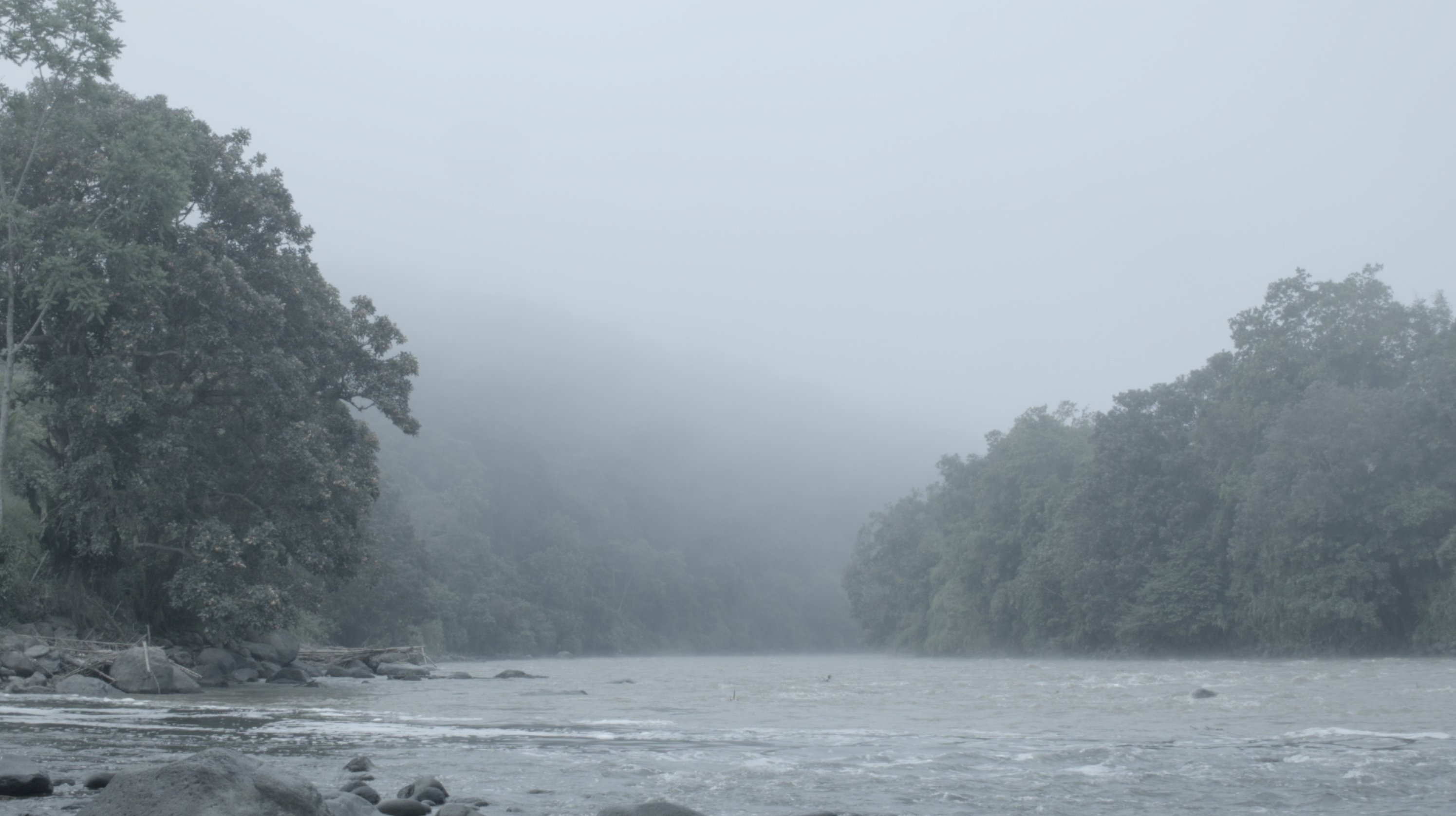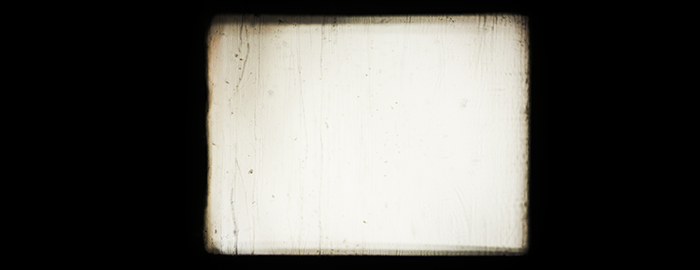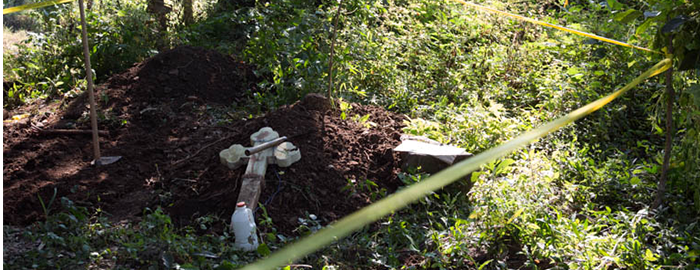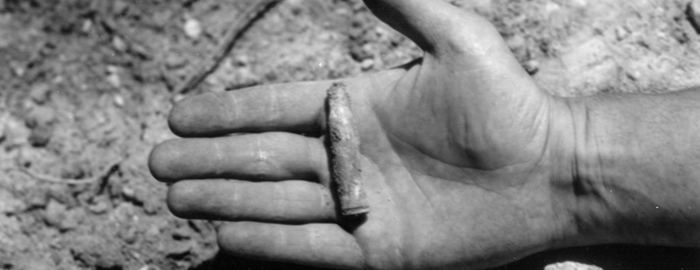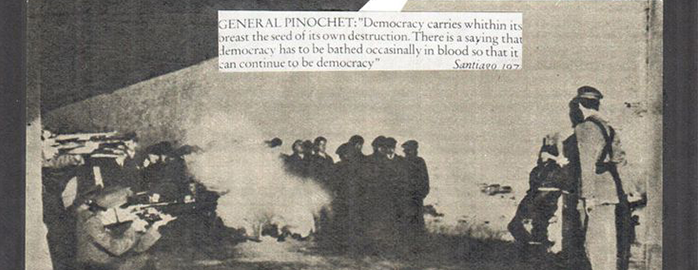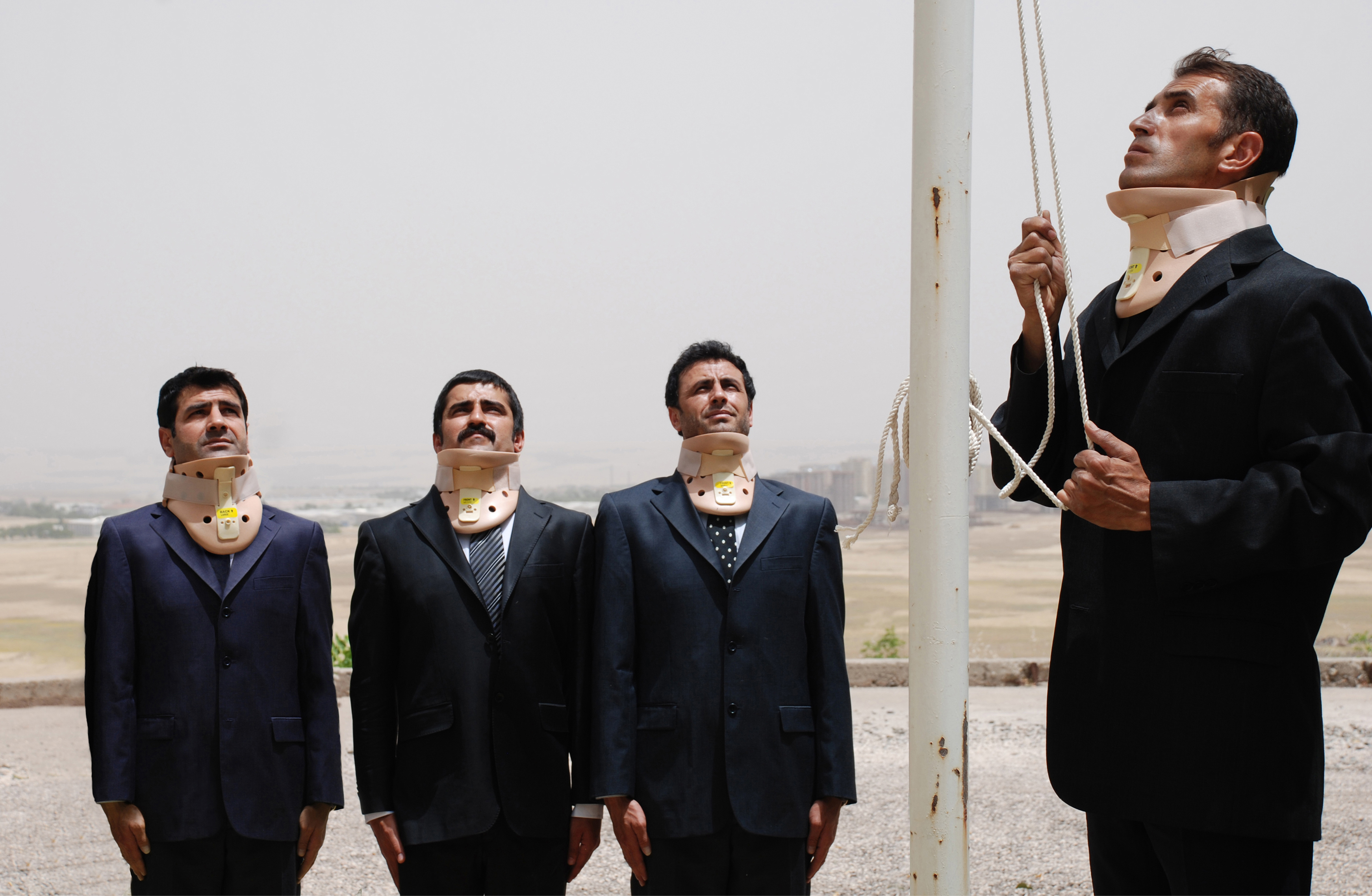Deprecated: Function wp_make_content_images_responsive is deprecated since version 5.5.0! Use wp_filter_content_tags() instead. in /home/fdcdadk7/public_html/wp-includes/functions.php on line 6031
Fernando Sánchez Castillo. Episodios nacionales táctica, 2010 Video Still
Exhibition ‘Lecciones de historia’. CAAM
© Fernando Sánchez Castillo / CAAM
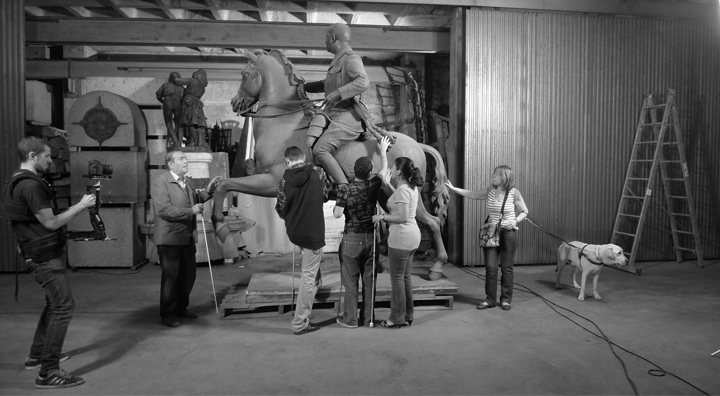
Deprecated: Function wp_make_content_images_responsive is deprecated since version 5.5.0! Use wp_filter_content_tags() instead. in /home/fdcdadk7/public_html/wp-includes/functions.php on line 6031
A growing number of artworks in recent decades address violence as a phenomenon linked to history and politics around the world. This violence has to do, in most cases, with past political and social conflicts that have marked contemporary nation-states. In this scenario, Spain has not yet developed a significant response to its massive past violence from within the art world –after almost 80 years since the end of its civil war (1936-1939) and 40 years of democracy after the end of Francoism (1939-1977). Thus, when it comes to dealing with past violence and post-conflict, Spain ranges from amnesia, invisibilization and neglect encouraged from the majority of the official political agents to an active though minor visibilization, truth-seeking and memory (re)construction from a number of social actors and militant individuals. Nevertheless some contemporary artistic, literary and audiovisual practices in Spain challenge and contest the officially sanctioned invisibilization of war and repression, performing forensic memories. These practices are opposed to the hegemonic, saturated and melodramatic memory that has occupied most of the official discourse produced by Spanish cultural industries in recent decades.
